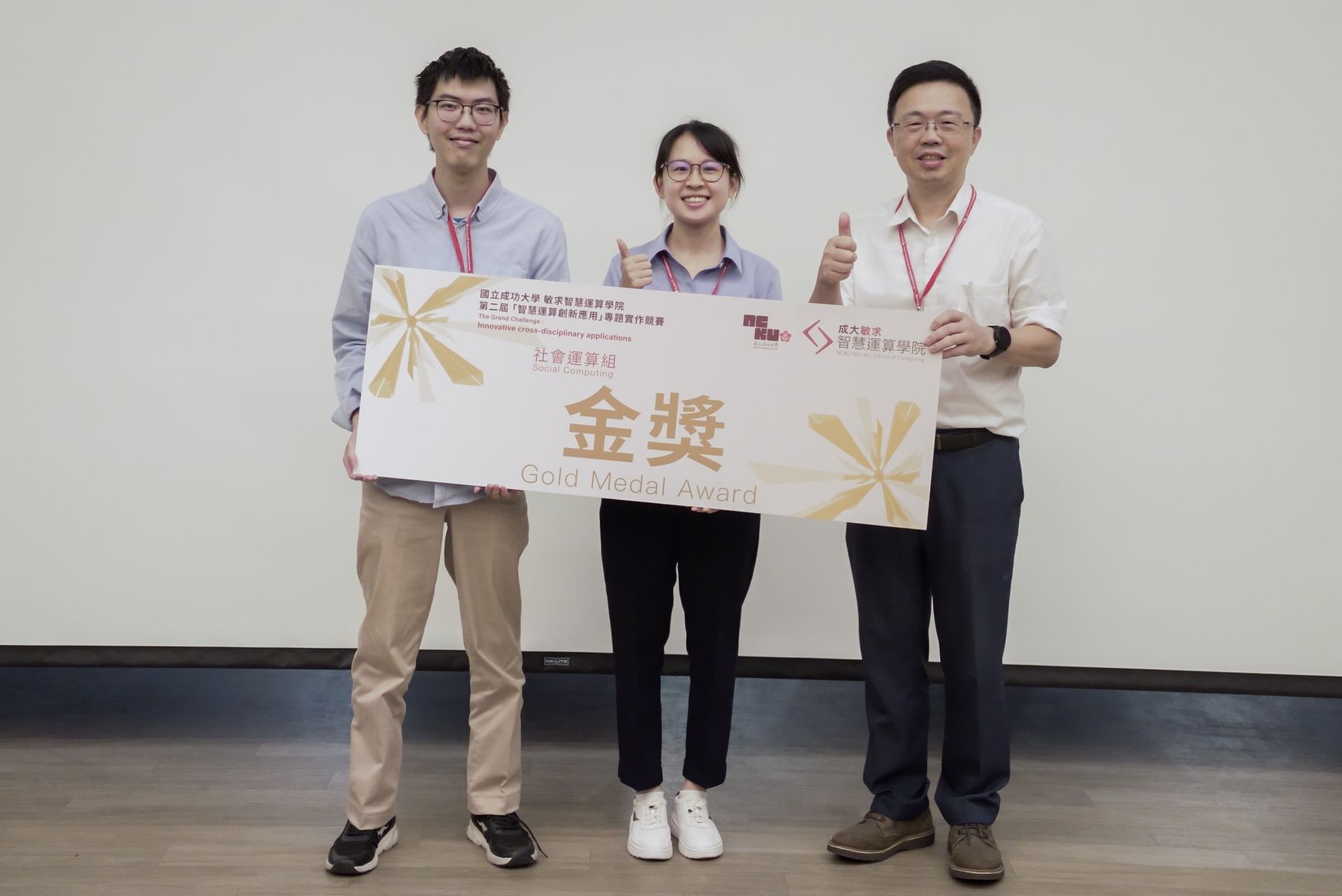SDG9
Registration Opens for the Second Annual Defense UAV Challenge with a Staggering Total Prize Pool of 3.3 Million.
To promote the development of key technologies and system integration in defense application unmanned aerial vehicles (UAVs), the "Second National Defense Application UAV Challenge" is organized by the National Science and Technology Commission, guided by the National Cheng Kung University (NCKU) Wong Tsoo Systems Engineering Research Center, and co-organized by the Asia UAV AI Innovation Application R&D Center. This event, which is a flagship event for defense application UAVs in Taiwan, will offer a total prize pool of NT$3.3 million. University research teams are invited to collaborate with industry or legal entities to register from May 15 to August 15 of the 113th year.
The inaugural challenge last year received an enthusiastic response, with over 50 professional teams from across the country participating, making it the most important UAV event nationwide. This year, the second edition will be expanded, with the total prize pool increased to NT$3.3 million, and the scope and challenge of the event enhanced. The goal is to gather industry and research experts through the challenge, further cultivate talent in defense application technology, create opportunities for the integration of cutting-edge defense UAV technology, enhance the country's defense capabilities, and promote the development of autonomous defense industries.
The challenge is divided into two phases. The preliminary round of the first phase is scheduled to take place at the Asia Innovation UAV Center in Chiayi in October of the 113th year. The list of selected teams for the second phase will be announced in November of the same year. The second phase final will be held in March of the 114th year. Selected teams must complete multi-target reconnaissance missions within a designated area within 30 minutes. It is expected that the top-performing teams will receive NT$1.5 million, two outstanding teams will each receive NT$750,000, and three commendable teams will each receive NT$100,000.
The theme of this year's challenge is "Multi-Target Reconnaissance in a GNSS-Free Environment," including challenges in "GNSS-Free Autonomous Navigation," "Autonomous Flight and Dynamic Path Planning," and "Onboard Target Detection, AI Image Recognition, and Localization." The aim is to simulate UAVs operating in environments where GNSS is disrupted, conducting autonomous flights and reconnaissance in unknown environments, and acquiring information about targets such as quantity and location. For more information, please contact the NCKU Wong Tsoo Systems Engineering Research Center or visit the official website of the National Defense Application UAV Challenge.
The inaugural challenge last year received an enthusiastic response, with over 50 professional teams from across the country participating, making it the most important UAV event nationwide. This year, the second edition will be expanded, with the total prize pool increased to NT$3.3 million, and the scope and challenge of the event enhanced. The goal is to gather industry and research experts through the challenge, further cultivate talent in defense application technology, create opportunities for the integration of cutting-edge defense UAV technology, enhance the country's defense capabilities, and promote the development of autonomous defense industries.
The challenge is divided into two phases. The preliminary round of the first phase is scheduled to take place at the Asia Innovation UAV Center in Chiayi in October of the 113th year. The list of selected teams for the second phase will be announced in November of the same year. The second phase final will be held in March of the 114th year. Selected teams must complete multi-target reconnaissance missions within a designated area within 30 minutes. It is expected that the top-performing teams will receive NT$1.5 million, two outstanding teams will each receive NT$750,000, and three commendable teams will each receive NT$100,000.
The theme of this year's challenge is "Multi-Target Reconnaissance in a GNSS-Free Environment," including challenges in "GNSS-Free Autonomous Navigation," "Autonomous Flight and Dynamic Path Planning," and "Onboard Target Detection, AI Image Recognition, and Localization." The aim is to simulate UAVs operating in environments where GNSS is disrupted, conducting autonomous flights and reconnaissance in unknown environments, and acquiring information about targets such as quantity and location. For more information, please contact the NCKU Wong Tsoo Systems Engineering Research Center or visit the official website of the National Defense Application UAV Challenge.
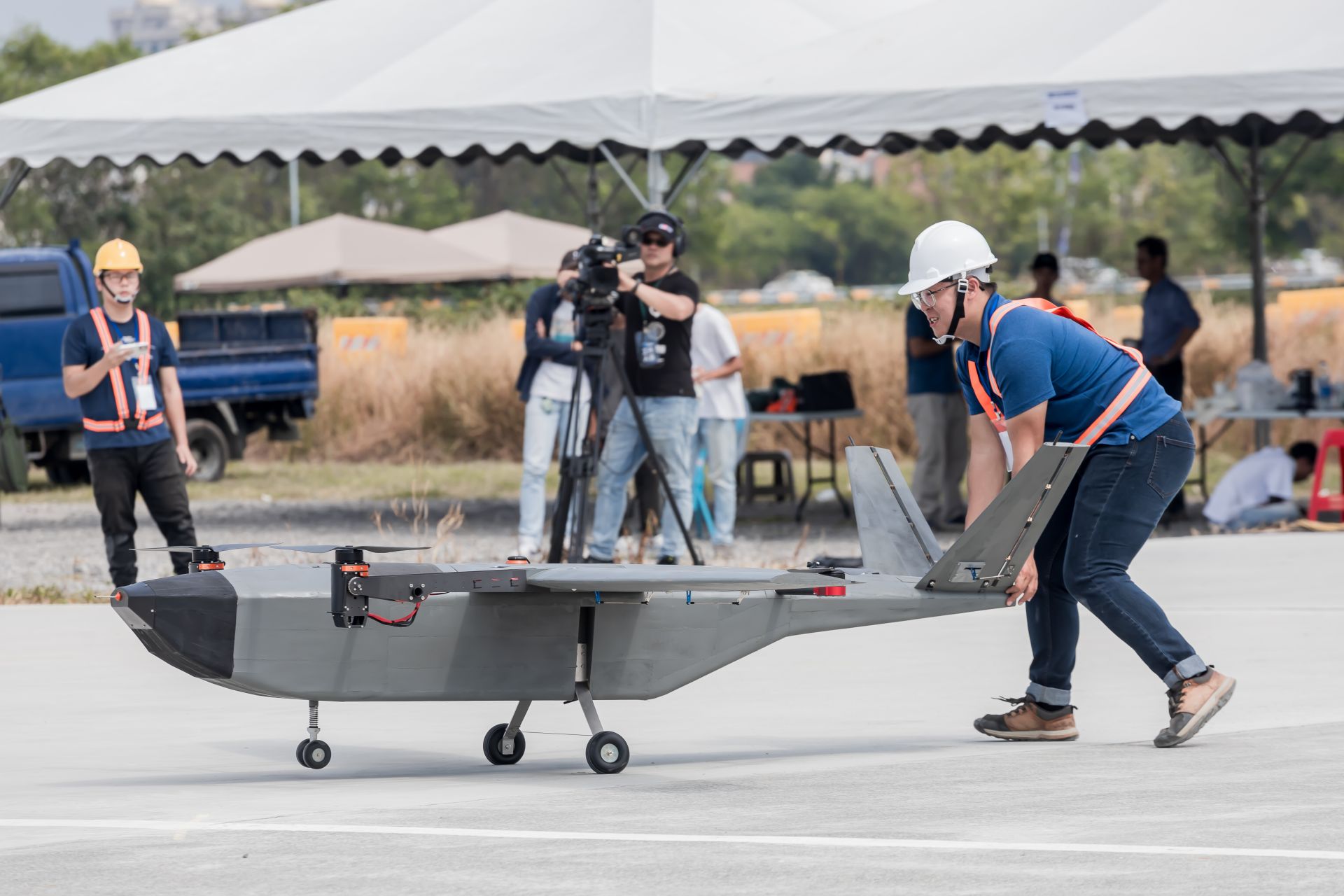
The inaugural challenge last year sparked great enthusiasm, with over 50 professional teams nationwide registering to participate.
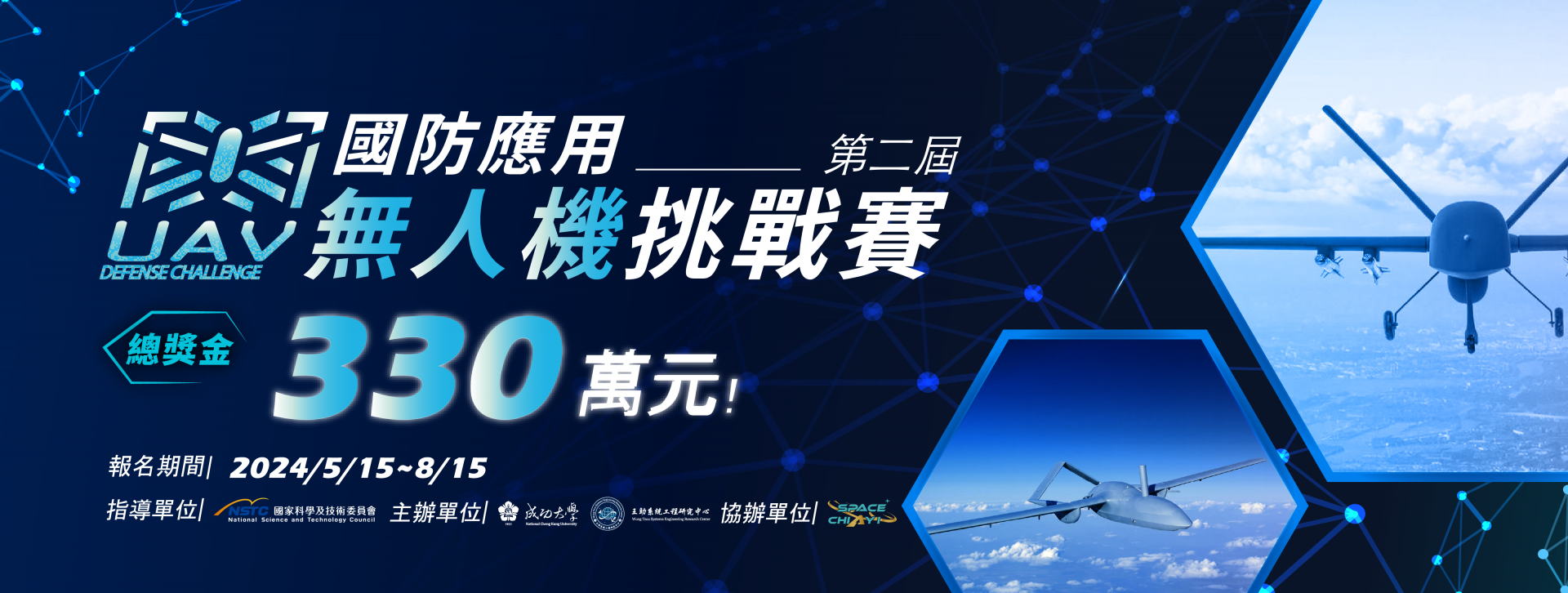
The Second National Defense Application UAV Challenge" is a landmark event in Taiwan for defense application unmanned aerial vehicles. This edition has raised the total prize pool to NT$3.3 million.
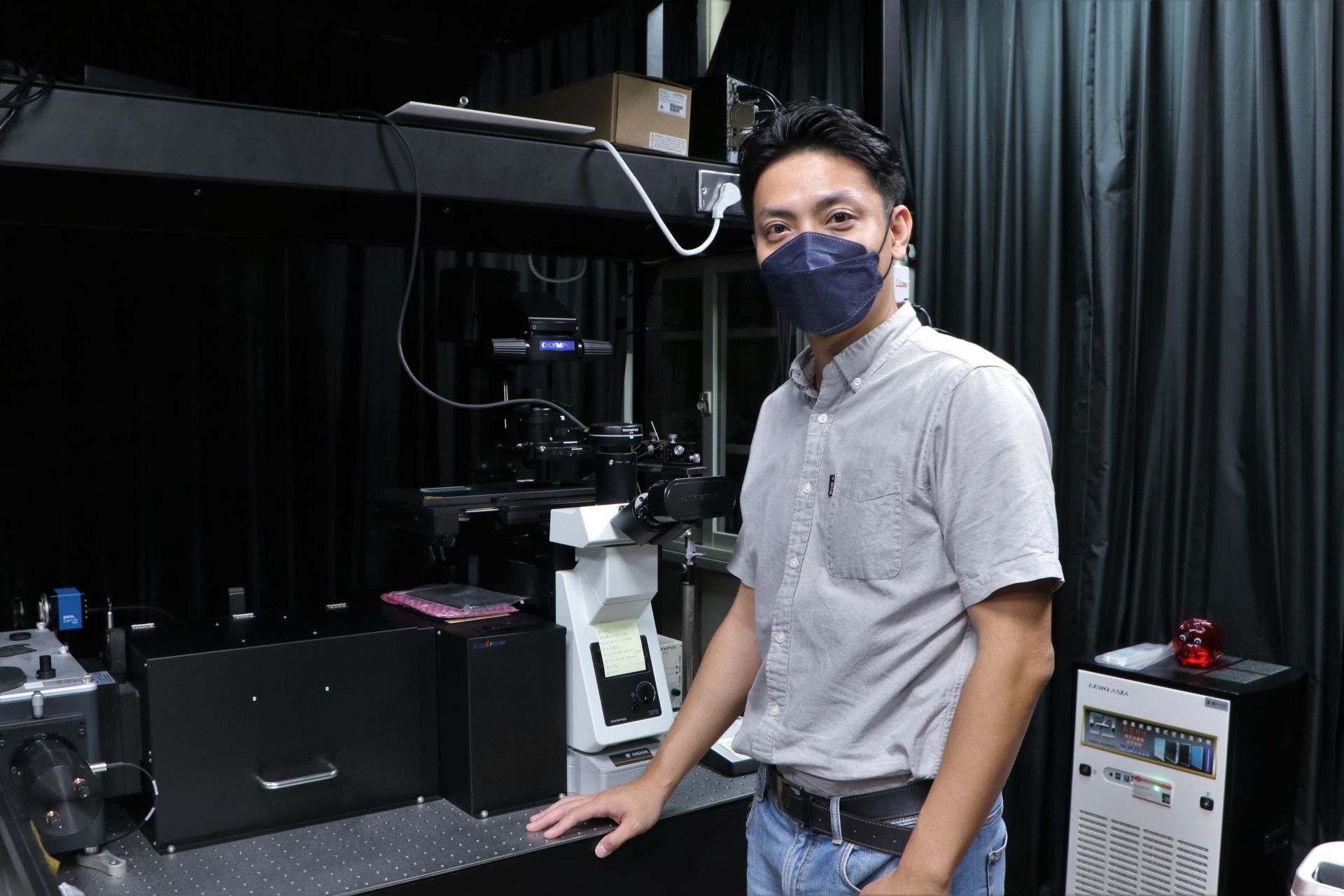
SDG9Pin Chieh Wu Reported on a Leading Journal Thrice on Developing Ultra-thin Lens and Bringing Chance of Nano Optical Application
View more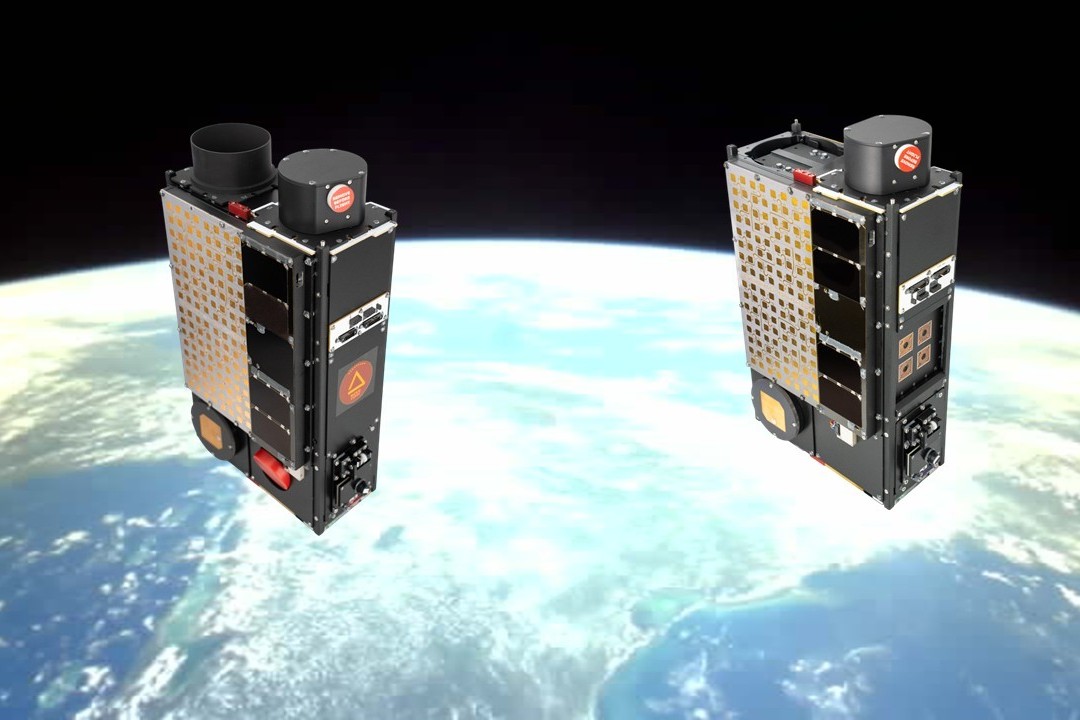
SDG9NCKU CubeSats Reach New Milestone — Lilium-2 and Lilium-3 Set to Embark on Their Journey into Space
View more